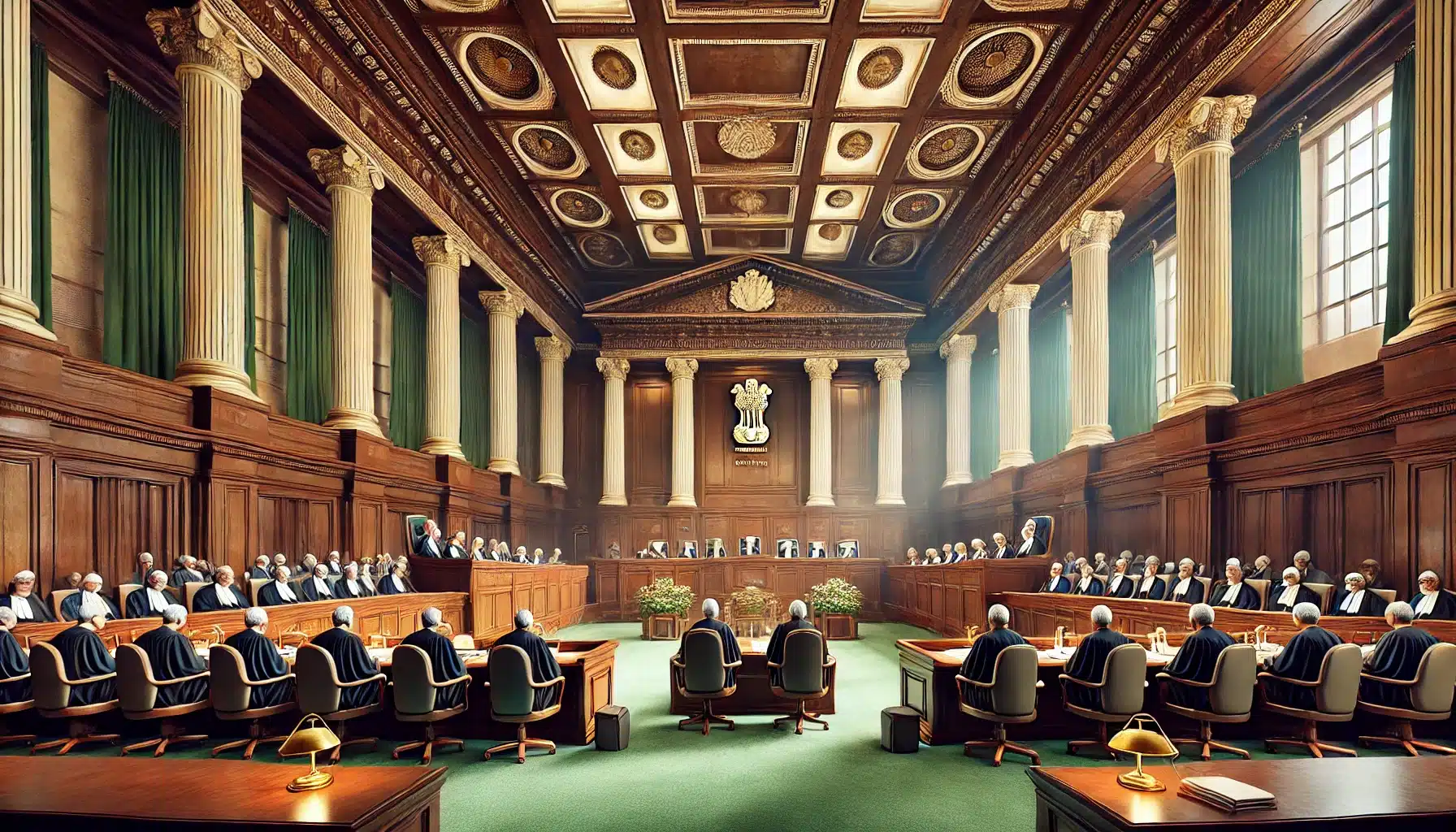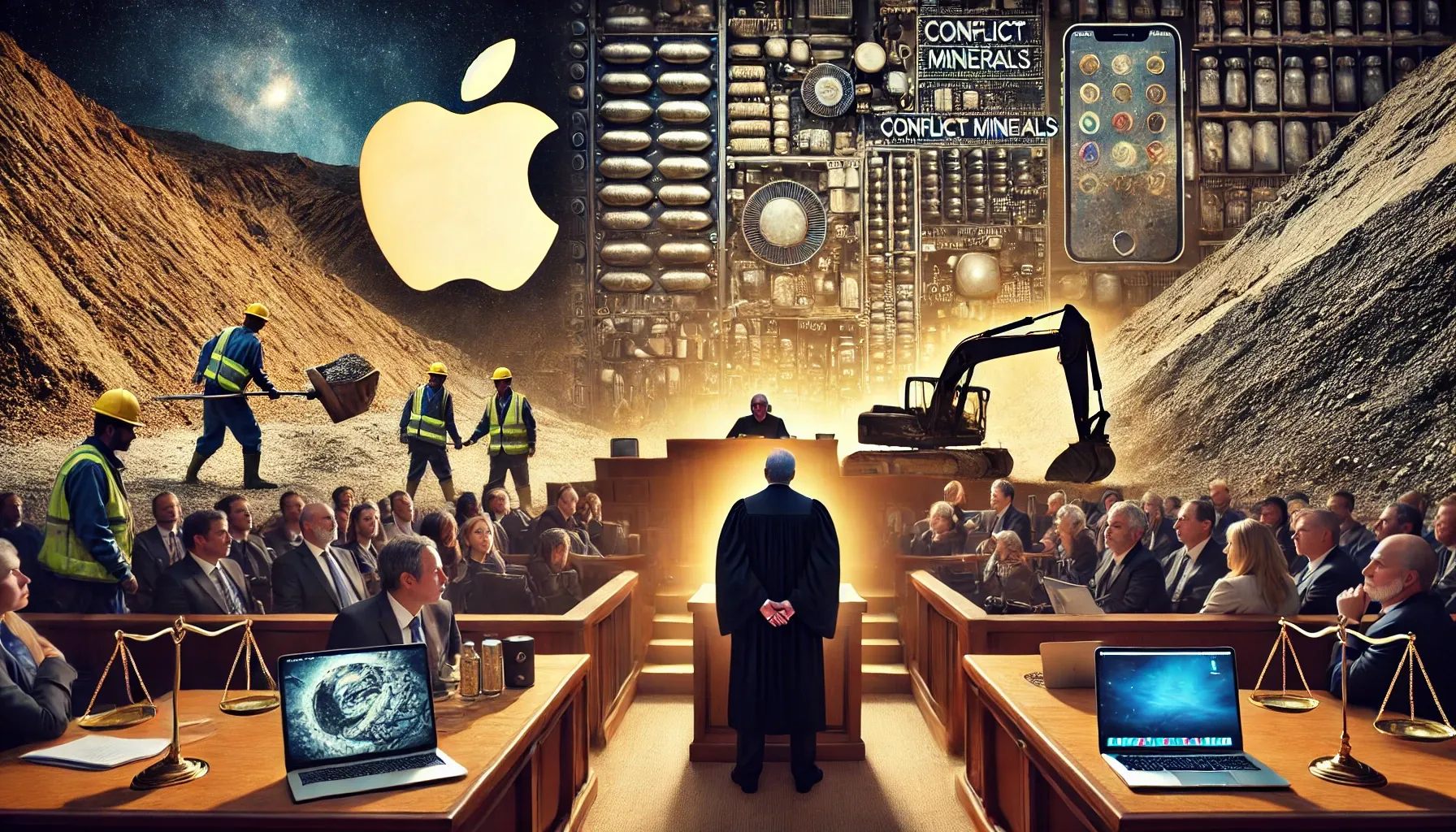The Supreme Court has dismissed a petition seeking a review of its Constitution Bench judgment that struck down the Electoral Bonds Scheme as unconstitutional. A bench led by Chief Justice DY Chandrachud found no error in its previous ruling, which held that the scheme infringed the voter’s fundamen

In a landmark development, the Supreme Court of India has dismissed a petition seeking a review of its earlier judgment that declared the Electoral Bonds Scheme unconstitutional. The initial decision, delivered by a Constitution Bench, struck down key amendments to several legislative acts that had facilitated the controversial scheme, which allowed for anonymous political funding. The dismissal of the review petition reaffirms the Court’s stance that voters have a fundamental right to know the sources of political party funding, and the Electoral Bonds Scheme infringed upon this right.
The review petition, filed by Advocate Mathews Nedumpara and another petitioner, was dismissed by a bench comprising Chief Justice DY Chandrachud, Justice Sanjiv Khanna, Justice JB Pardiwala, and Justice Manoj Misra. The Court found no substantial grounds to reconsider its previous judgment and reiterated that there was “no error apparent on the face of the record.”
Dismissal of the Review Petition
- On October 4, the Supreme Court bench headed by CJI DY Chandrachud dismissed the review petition filed against the Court’s previous ruling, which declared the Electoral Bonds Scheme unconstitutional.
- The review petition was filed under Order XLVII Rule 1 of the Supreme Court Rules 2013, but the bench found no merit in the request. The Court remarked: “Having perused the review petitions, there is no error apparent on the face of the record. No case for review under Order XLVII Rule 1 of the Supreme Court Rules 2013. The review petitions are, therefore, dismissed.”
The 2018 Amendments and the Electoral Bonds Scheme
- The original judgment that was upheld by the Court was delivered on February 15, 2024, in the case of Association for Democratic Reforms v. Union of India. In this judgment, the Court struck down amendments made to the Finance Act, Representation of the People Act, Companies Act, and the Income Tax Act that had paved the way for the Electoral Bonds Scheme.
- The Electoral Bonds Scheme had allowed individuals and corporations to purchase bonds through the State Bank of India, which could be donated to political parties. The scheme provided anonymity to donors, raising concerns about transparency in political funding.
Voter’s Right to Know and the Court’s Observations
- The Court, in its original ruling, emphasized that the voter has a fundamental right to know the sources of funding for political parties. It held that the Electoral Bonds Scheme infringed upon this right by allowing anonymous donations, which could undermine the transparency of electoral funding.
- The Court stated: “The voter has the fundamental right to know the source of the funding of the political parties and the scheme infringed that right.”
- Following the judgment, the Court directed the State Bank of India, which issues the electoral bonds, to disclose details regarding the purchasers and recipients of the bonds.
Legal and Political Implications
- The dismissal of the review petition further solidifies the Supreme Court’s commitment to ensuring transparency in electoral funding. This judgment is expected to have far-reaching implications for political parties and their funding mechanisms, as it mandates the disclosure of previously anonymous donors.
- The ruling has been widely seen as a major step toward improving political transparency and safeguarding the right to information for voters.
The Original Case and Its Impact
- The case that led to the dismissal of the Electoral Bonds Scheme was titled Association for Democratic Reforms v. Union of India, which was filed in response to concerns about the lack of transparency in political donations.
- The Electoral Bonds Scheme, introduced in 2018, had been defended by the government on the grounds that it aimed to curb black money in political funding. However, critics argued that the scheme allowed political parties to receive large sums of money from anonymous sources, undermining accountability.
- With the Supreme Court dismissing the review petition, the judgment stands firm, reinforcing the need for transparency in political donations. The ruling has placed significant pressure on political parties and financial institutions to ensure full disclosure of electoral bond transactions. The decision could also lead to legislative changes, as lawmakers may be required to revisit the framework for political donations and electoral funding in India.
Click to Read: Case : Mathews J Nedumpara and Another vs. Association for Democratic Reforms and Others Review Petition (Civil) Nos of 2024 [Diary No 18045/2024]





